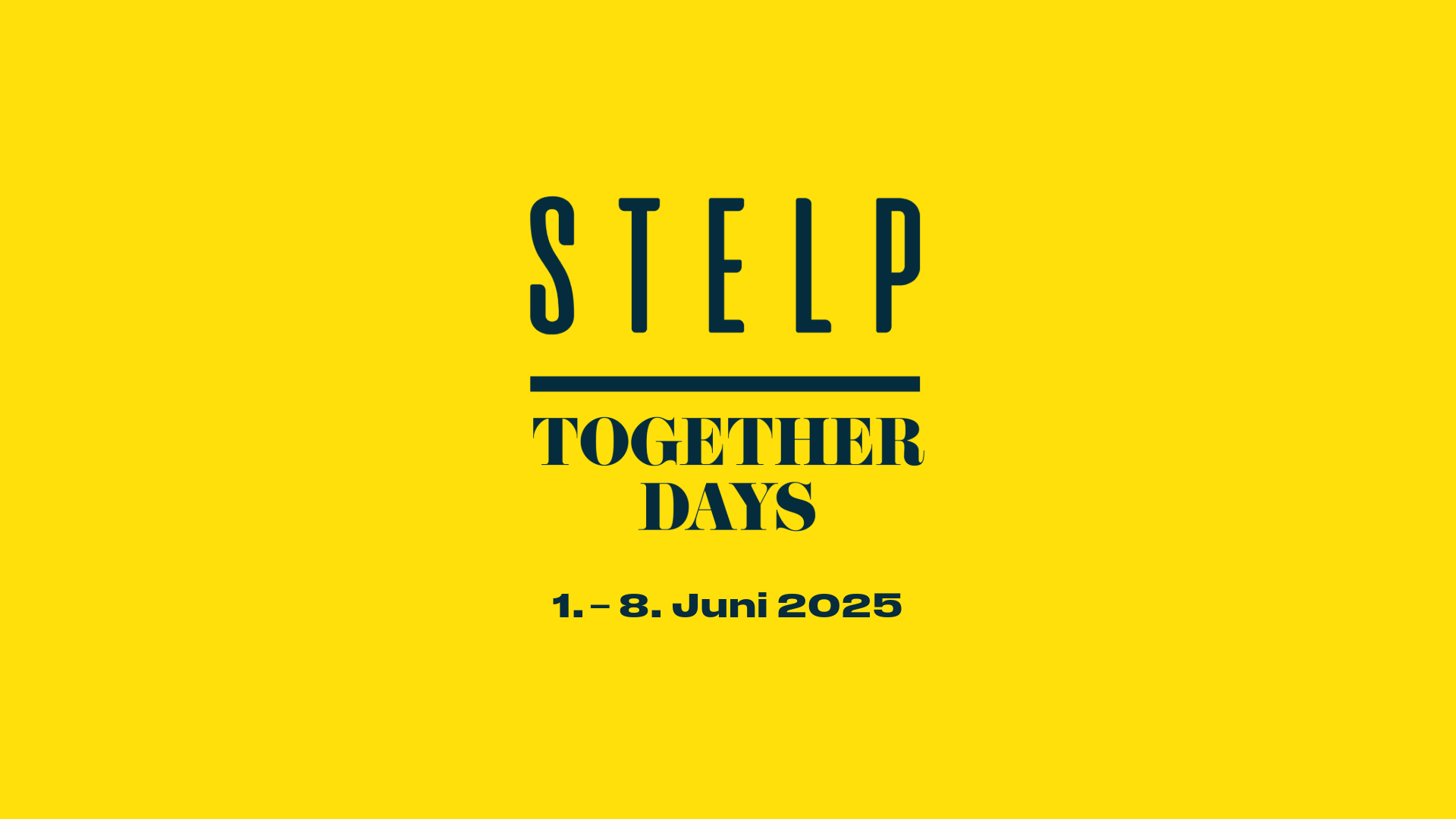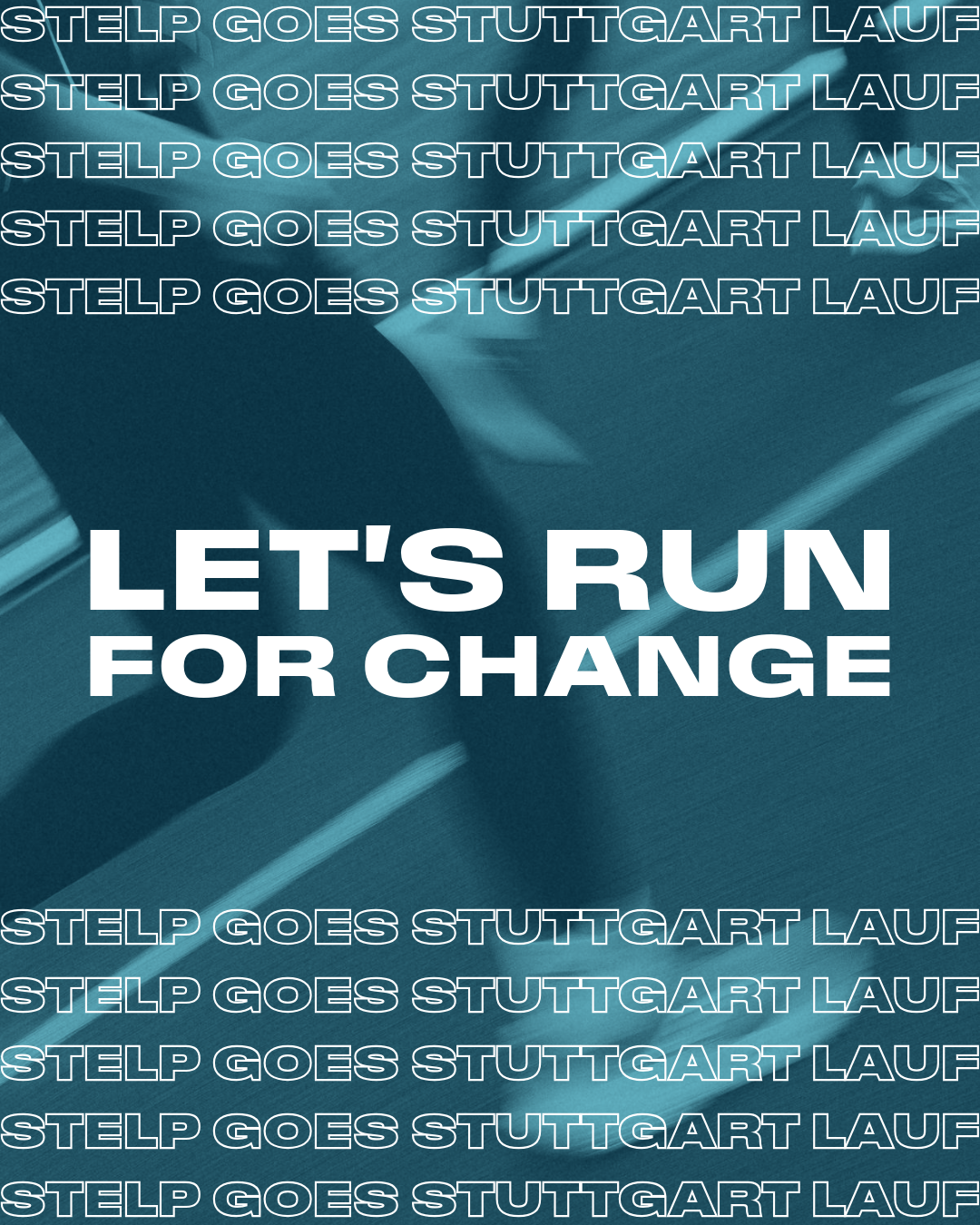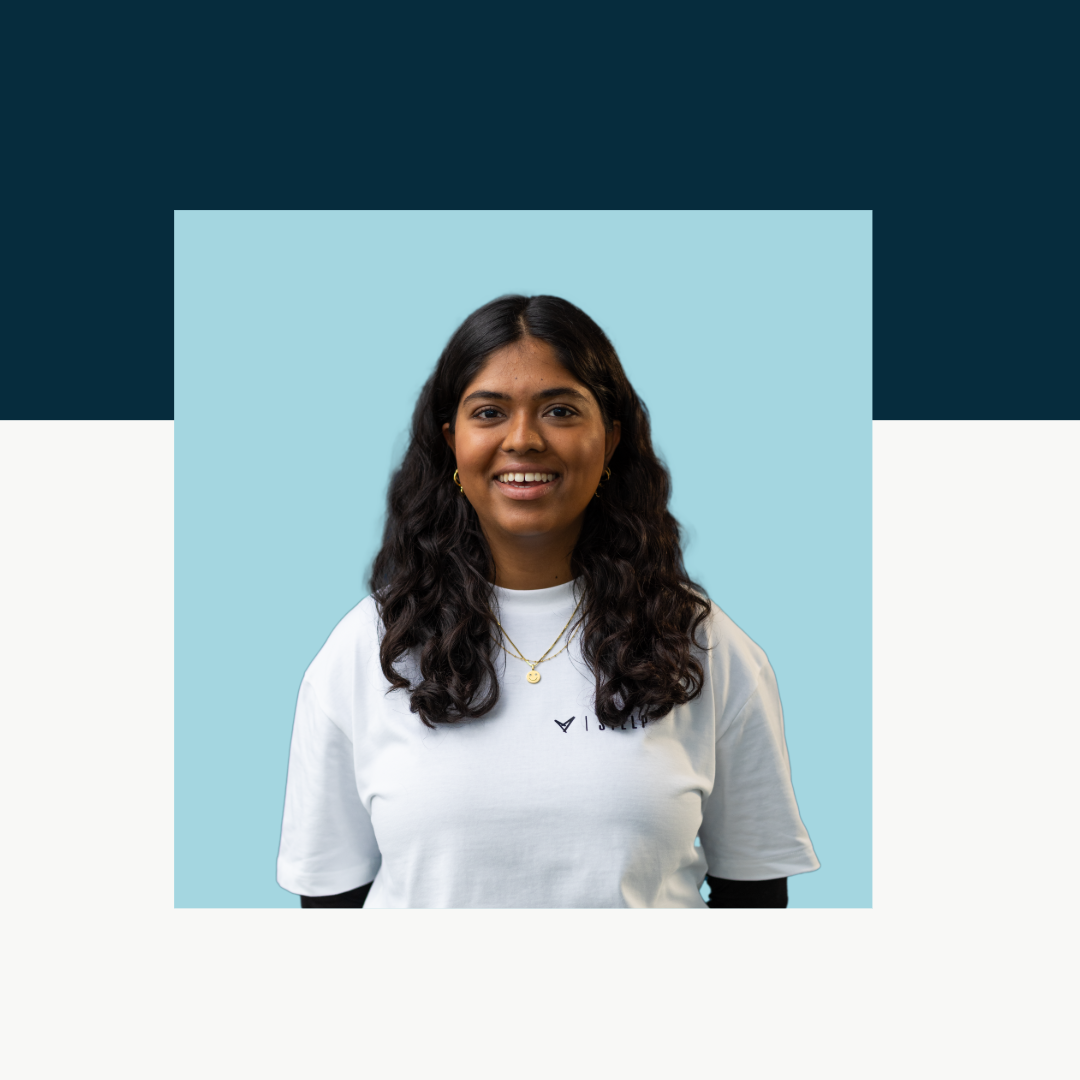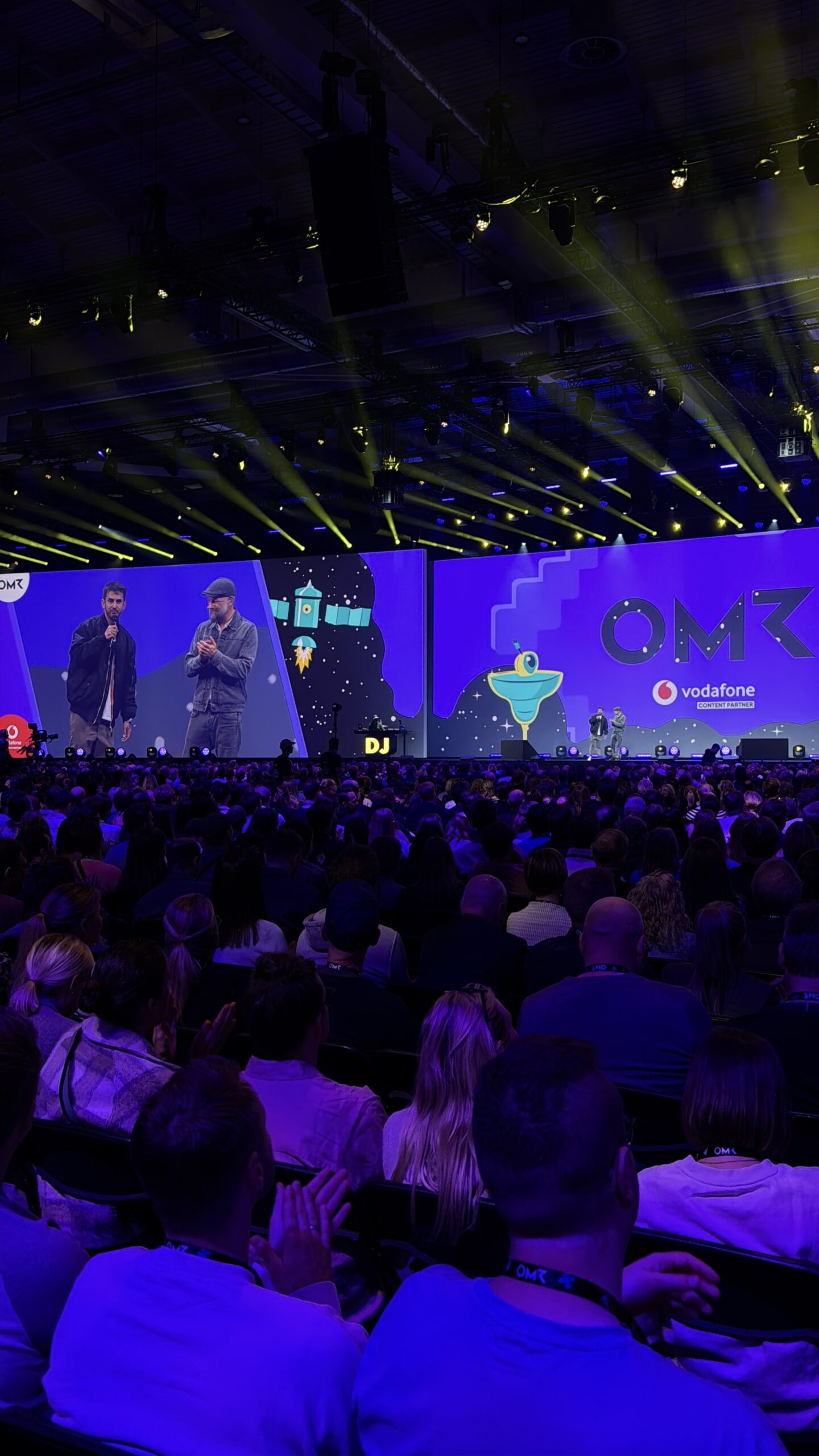The news about refugees, hunger, war, poverty and repeated violations of human rights has increased all over the world in recent years. Serkan, who founded the aid organization STELP, gave me the idea of going to Lesbos as a volunteer. No sooner said than done – after a few phone calls with Oona from STELP and the local partner organization Leave No One Behind in Lesbos and a briefing/safety briefing, I was on the plane to Greece a few days later.
Kara Tepe – the camp after Moria
The term FLIGHT only took on a real meaning for me when I was there: Although Lesbos has now faded into the background in the media, the circumstances for the refugees are still terrible. New boats arrive almost every day with people who have nothing but their wet clothes with them, who have often had to fear for their lives during several attempts to escape, some of whom are pulled back into international waters and left to fend for themselves, who are often in the dark about their whereabouts for months even after their arrival. I can’t begin to imagine what these people had to go through.
A place of refuge
The Paréa Community Center, which is within walking distance of the Kara Tepe refugee camp and was founded by a total of 12 organizations, is considered a place of refuge for refugees. People can spend time there during the day; games are played, herbs are planted, bicycles are repaired, books are read – in short: social contacts are made. But it’s also about “normal” basics that are not as normal and self-evident as we often think: washing clothes, receiving hygiene products such as toothbrushes and tampons, getting a warm meal, etc.
On my very first day, I realized how meaningful and fulfilling the work is. All the volunteers and staff are here for the same reason and pull together – humanity is absolutely paramount here.
Most of the Paréa Center has been painted in cheerful colors and patterns.
It’s meant to be a carefree place and you can feel it. In the Paréa circus, children can simply be children again. Right at the entrance there is a pavilion where music is being played, next door someone is drawing, further back a man is sitting at a sewing machine while a table tennis tournament is being held in the house next door.
You learn various details while working at the different locations: While I met the same people again and again at the laundry and was able to learn some very personal life stories through the relationship of trust that developed as a result, I noticed at the laundry distribution for new arrivals how insecure many people still are who are now trying to cope mentally and physically in the midst of a new continent, a new culture, new languages and new living conditions.
I also remember the Women’s Space as being particularly important, where women and children can safely withdraw. If they wish and are ready, they can talk (with psychologists) about what they have experienced, but they can also simply forget the difficulties of everyday life over a cup of tea in a safe environment.
Even if you can’t talk to every refugee due to the language barrier, you realize how important a smile alone can be.
The Paréa Center is an important point of contact for so many people.
Even after my assignment on Lesbos, I still remember this time and the realization that we can make an incredible difference together.
If you have time and would like to help on site, please get in touch with STELP.
You are also interested in volunteering on Lesbos? You can find more information here.




